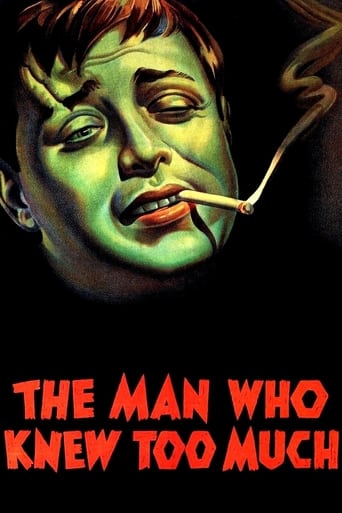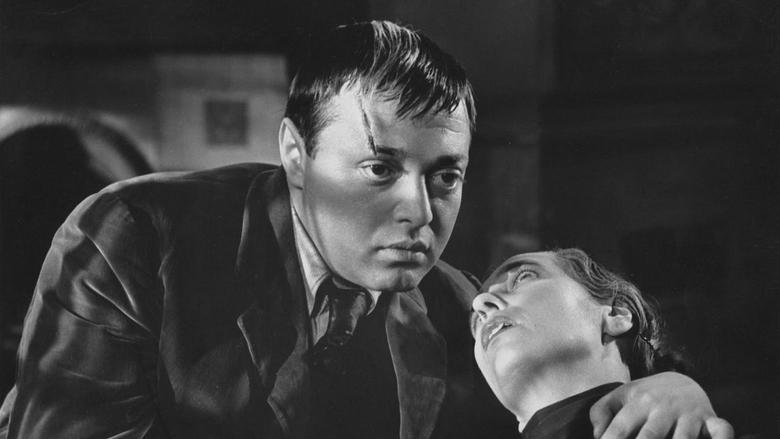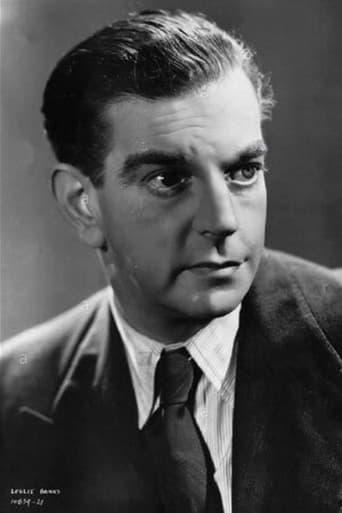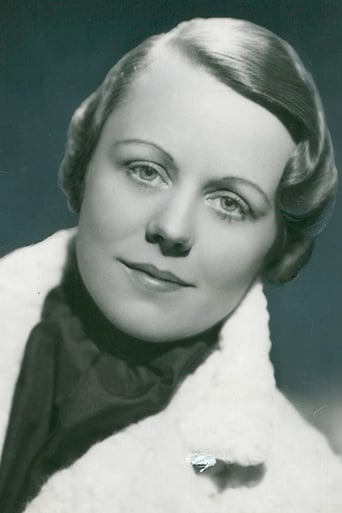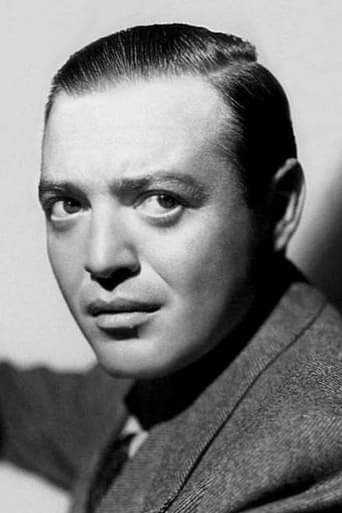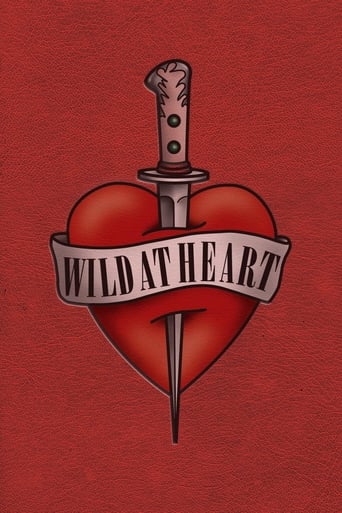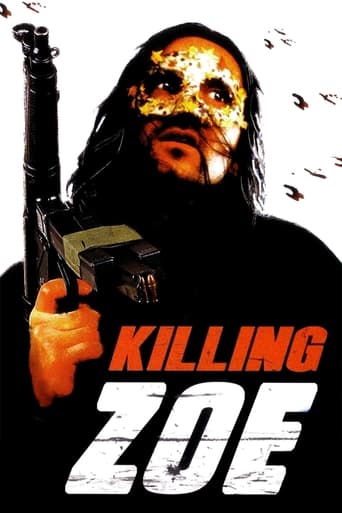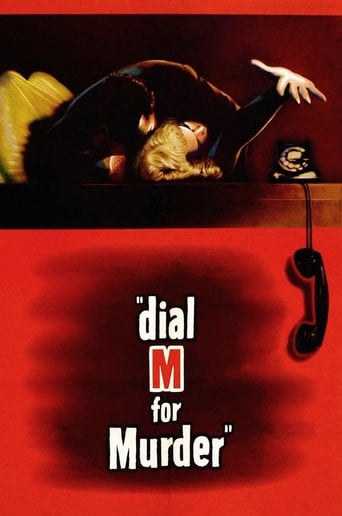The Man Who Knew Too Much (1935)
While vacationing in St. Moritz, a British couple receive a clue to an imminent assassination attempt, only to learn that their daughter has been kidnapped to keep them quiet.
Watch Trailer
Cast
Similar titles
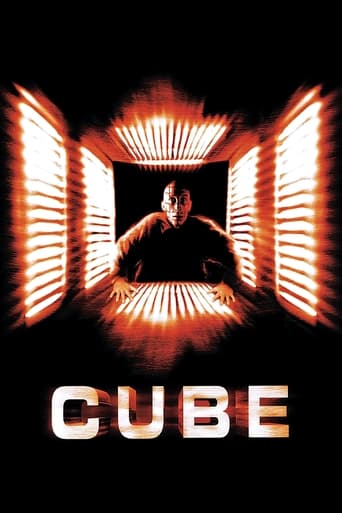

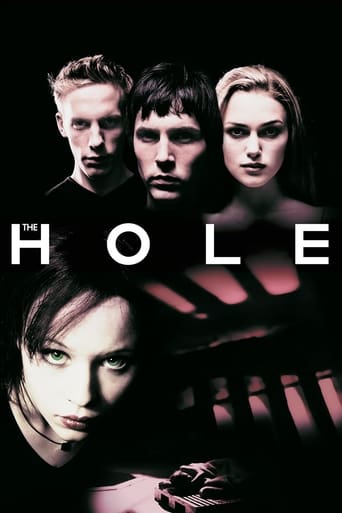
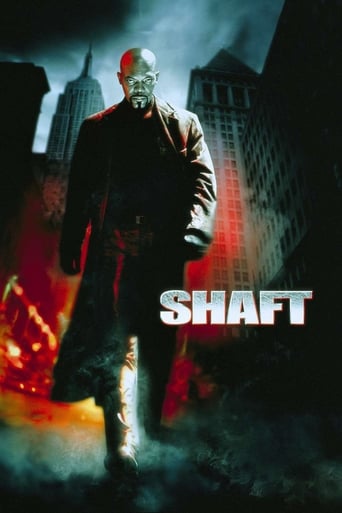
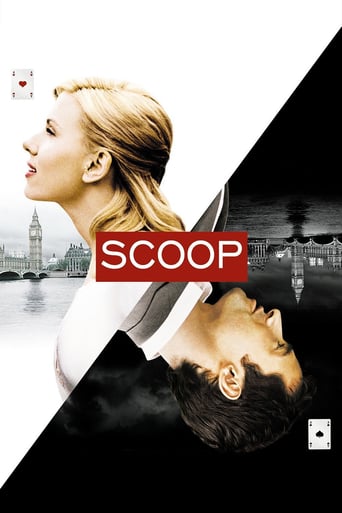
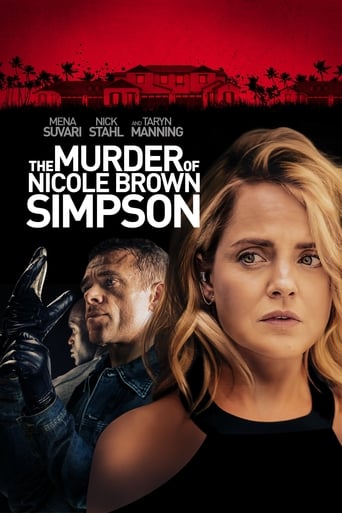
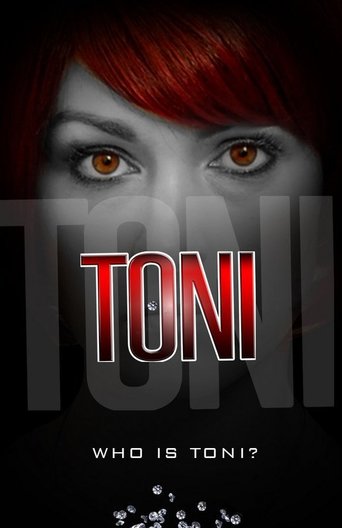
Reviews
Surprisingly incoherent and boring
it is finally so absorbing because it plays like a lyrical road odyssey that’s also a detective story.
This is a must-see and one of the best documentaries - and films - of this year.
The film may be flawed, but its message is not.
"The Man Who Knew Too Much" is one of Hitchcock's more famous titles, perhaps because he used it twice. It was even parodied in a pedestrian Bill Murray flick from 1997 called "The Man Who Knew Too Little".The direction in this 1934 version is also very pedestrian. It is all too easy to forget it was made by a great filmmaker like Hitchcock. All too often it feels like the movie you are watching was filmed by someone else who brought a handicam on the set. There are no inventive camera angles, nor any cohesive tone to what you are watching.I thought this was supposed to be a suspense movie. Nothing in it generated any suspense from me - and nor, apparently, did it generate any suspense from the characters. They witness a murder and have their daughter kidnapped. They don't seem particularly upset about it.In an early scene, where people realise someone was just shot through the window in a room they are in, no one seems to put it together that they could have been shot too, and might still be. If someone was just shot in a room you are in, wouldn't you leave that room and go somewhere else?There is a scene right at the end of the movie where gunfire continues uninterrupted for over ten minutes and the camera shows us... something else. As a result, the constant shots become really irritating.
Saw the original, saw the remake, well, let's just say that If Hitchcock remade his own movie, that might be because he felt that some aspects were too dated or far below the level of perfectionism upon which he built his reputation.To give you an example: there's an overlong chair fight which is so bizarre and grotesque you don't know if you're supposed to laugh or to be thrilled, I guess it was meant to be funny, but it's like Hitchcock never knows exactly where to go. And even comedy requires a good timing in the execution so I couldn't believe my eyes and had to rewind the scene. When Lawrence (the father played by Leslie Banks) gets his friend Clive off the temple, he's hit on the shoulder, he freezes and then acts as if he was hurt in the head. I know this is the 30's, and I didn't let modern standards affect my opinion, the ski accident was quite well made for the time and at least Hitch had the guts to try something, Pierre Fresnay's death scene was awkward but it could work, and I didn't have a problem either with Edna Baker's fainting and hitting the floor with her arm first, but that chair moment, as trivial as it was, was too much for me. All right, there can be mistakes in movies, but not in something of the caliber of "The Man Who Knew Too Much".See, it's precisely because I was drawn by the film that I'm so critical. I loved the witty interactions within the couple, especially in these awesome scenes where Jill was both flirting with the ski champion and teasing Lawrence. And talk about Hitch's mischievous mind, just when we had enjoyed the little knitting prank, the murder happens and the story picks up and, unfortunately, this is where the movie gets itself in the situations where the likeliness of goofs and mistakes increases. But it's a shame because the beginning is so beyond the 30's standards that I felt disappointed when it became as cheesy and laughable as a 30's film. So if we feel the film is dated, it's precisely because it starts with non-dated elements. And one of the most modern aspects is Peter Lorre, who, half a century before Alan Rickman in "Die Hard", plays the sophisticated and friendly-at-first-sight villain, getting more and more sinister as the plot advances. Peter Lorre is half the rating the film gets.And his performance is so immense it dwarfs all the others, which were good actually. Edna Best had that average type look that magnified her strength as a mother, making her revenge at the end even more savory, going from "Never raise any children" to holding her traumatized girl in the arms, and Nova Pilbeam was actually quite convincing in the daughter's role, I've seen kids acting worse in later movies so let's give her the credit for that. I also discovered a new actress, Cicely Oates who played the intimidating Nurse Agnes, and I was saddened to know she passed away the year of the film's release; it's a pity because she could have been a great Mrs. Danvers, and I just love the eyes of Lorre witnessing her sudden death during the shootout. She and the actor who played the killer were worthy additions to an already complete villain... which leads me to the most problematic character: the father.I have nothing negative to say about Leslie Banks, but I have nothing eulogistic either, from his constant frowning in the first act, he struck me as a continually malcontent character, one who considered his wife a burden more than anything else, but after the kidnapping, nothing really seemed to affect him. Granted he was supposed to be the stronger one, but I wish he could display more emotional range, even in the most critical situations, his expressions were the same, as if he deliberately chose the one that could pass everywhere, whether during a shootout or over the course of his investigation. Speaking of this investigation, I know Hitch has a wicked sense of humor and it was fun to hear that Clive guy scream at the dentist, being hypnotized or the two men using exchanging crucial instructions while pretending to sing, but I couldn't buy that from a father whose daughter's life was at stakes. Oh well, let's just say it was fun, but for the sake of the dark atmosphere and the whole black-and-white thing, they should have stuck to a more sinister tone, even the dentist's scene is quite under-exploited when you consider its potential. It's only near the end, just when you think the climax would consist on the cymbal crashing and the attempted murder that the film delivers a terrific shootout sequence, and quite a violent one, that had many cops getting killed (which was quite new for the time). But the gunfight goes so long that again, it allows some goofs and mistakes to be done, especially the laughable way the characters die. It's all in the execution, and I guess Hitch was only warming up before starting to be more perfectionist in his work.By the way, am I the only one who finds the film a bit prophetic, as it centers on the assassination of a Head of State during an official visit, in 1934, the same year the King of Yugoslavia was assassinated during his visit in France, and it was the first time the camera's eye caught such an event. Speaking of this, would really a man like the father not know about Sarajevo and the Archduke assassination that lead to World War 1 as the script suggests. I mean the film was made at a time where everyone lived the Great War, so I find it highly unlikely that people wouldn't know about its starting point, especially for a man who was supposed to know too much
The fact that Hitchcock saw fit to remake The Man Who Knew Too Much 22 years after his first attempt says a lot about his earlier rendition: it's got potential, but it's rough-around-the-edges, with too much guff to make it a wholly satisfying experience. Unsurprisingly, the 1956 version is the slicker and more enjoyable of the two films, Hitch having refined his style over the intervening decades.The 1934 film stars Leslie Banks and Edna Best as married English couple Lawrence and Jill, who uncover a plot to assassinate a foreign diplomat, which forces the terrorists to kidnap their daughter Betty (Nova Pilbeam) in order to keep them quiet. Of course, Lawrence and Jill being the protagonists in a Hitchcock film, they decide to track down their missing girl by themselves While not a particularly remarkable example of Hitchcock's work, the film suffering from those foibles of early film-making, stiff performances and weak pacing, as well as a shootout at the end that doesn't know when to quit, the film is still worth checking out if only to see how it measures up to the better-known remake. Banks and Best don't come out of the comparison too well, being rather bland when compared to James Stewart and Doris Day, but Peter Lorre effortlessly makes his mark as villain Abbott.
The Man Who Knew Too Much (1934): Dir: Alfred Hitchcock / Cast: Leslie Banks, Edna Best, Peter Lorre, Frank Vosper, Pierre Fresnay: Thrilling suspense by director Alfred Hitchcock regarding a planned assassination and a kidnapping. Leslie Banks and Edna Best learn of their daughter's kidnapping but cannot reveal any information about the planned assassination. Banks ends up captive after an attempt for answers but he holds strong pooling his resources particularly his hope in his wife. The climatic shootout with police is well executed but overlong with Banks making the obvious save of his son. Best is still available for a climax during an orchestra. She will be the strong factor while Banks is under restraint. Peter Lorre steals scenes as a hardened villain leading the terrorist group. What the climax proves is that even the most skilled and hardened of criminals cannot escape the reality of death. Frank Vosper is also featured among the supporting players. He will assist Banks in the investigation and even become involved in a violent key scene. Pierre Fresnay plays the initial murder victim who will pass valuable information onto the couple, which leads to the paranoia. Theme regards knowing information and what to do with it. For Hitchcock that information became subject to clever writing and tension. Classic shootout finale works despite many anti-climatic moments. Score: 9 / 10
